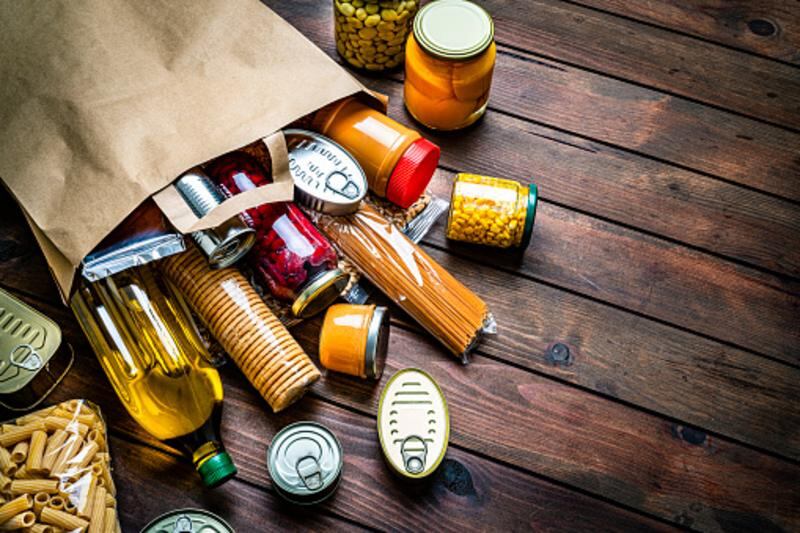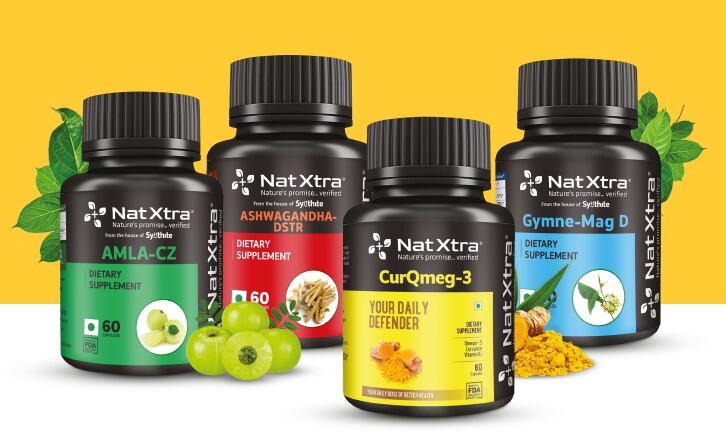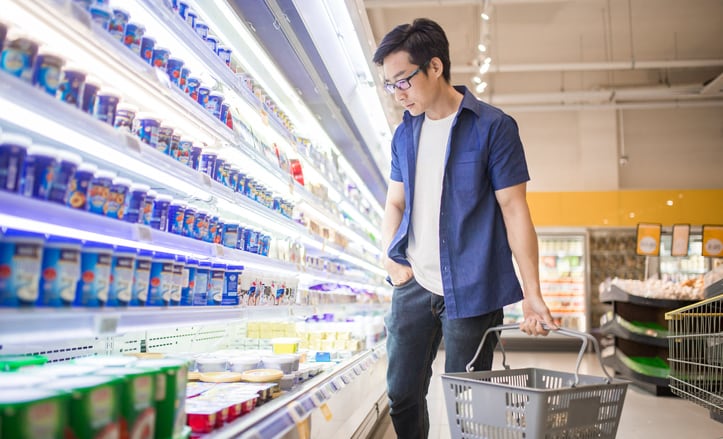‘Fashion-forward’ female favourite: China’s Yeyo plans plant-based innovation drive to target core audience
China’s first coconut yoghurt brand Yeyo has plans to bolster its product portfolio with more innovations targeting its core audience of ‘fashion-forward’ female consumers, banking on its successful nationwide retail expansion and recent US$1.2mn funding boost.
When we spoke to Yeyo in July last year, the firm had just launched its Tmall flagship store with a focus on brand building in the China market, with no offline stores to speak of. Less than a year on, it now has offline presence in about 200 stores nationwide, including retailers such as MUJI and BHG.
“We have presence in most of the high-end supermarkets and will also be in ALDI stores soon, and it won’t be long before we hit the mass market retailers as well,” Christiana Zhu, Co-Founder and CEO of Yeyo’s mother company Marvelous Foods, told FoodNavigator-Asia.
Step-by-step: Hybrid products ‘steady strategy’ for alt protein industry to convert consumers - experts
Hybrid meat products comprising ‘real’ meat and plant-based meat have been hailed as one of the steadiest strategies available for the alternative protein industry to convert consumers, gain acceptance and maximise its reach in Asian markets.
Hybrid meat products could be a combination of plant-based protein with either conventional or cultured ‘real’ meat, and industry experts believe that ironically the presence of this ‘real’ meat in products could be what crucial to converting consumers to eventually reducing their consumption of traditionally-produced meat.
This is especially so in Asia, a region where meat is a very important part of local diets and considered by many cultures to be not only a status symbol but also critical to health functions, making a sudden switch or abrupt acceptance of 100% plant-based foods somewhat more difficult.
Chinese plant-based meat firm HEROTEIN for example is partnering with cultured animal product company Mission Barns to develop a line of hybrid meat products.
Goji berries compound reduces subthreshold depression in teens – Six-week RCT
The supplementation of Lycium barbarum polysaccharide extracted from goji berries has shown to reduce subthreshold depression in teenagers, according to a six-week RCT conducted in China.
There was significant improvement in cognitive impairment, retardation, sleep disturbances, and reduction in feelings of hopelessness in teens who took the supplement.
Findings of the study were published in Neural Regeneration Research. The trial involved researchers from The Affiliated Hospital of Guangzhou Medical University and the University of Toronto.
Lycium barbarum polysaccharide have shown anti-depressant effects including anti-oxidative and anti-inflammatory properties.
Growing up: Why China’s ‘underdeveloped’ adult probiotic segment will continue to expand – Culturelle
China’s probiotic market has been traditionally driven by products targeted at infants and kids, but global probiotic brand Culturelle believes that the adult market is set for “very strong growth momentum”.
The brand under DSM’s consumer health company i-Health entered the China market with products for infants and kids in 2014.
Since then, it has noticed that the adult probiotic market has been growing by leaps and bounds, especially with the rise of snackification of probiotics.
According to data from Lumina Intelligence, in terms of consumer engagement, while probiotics for children saw the highest number of online reviews – with over three million reviews as of June 2021, there was a yoy drop of 18 per cent.
WHO report urges curbs to ‘aggressive’ code-flouting baby formula marketing
Parents and pregnant women around the world, including in China, are exposed to aggressive marketing for baby formula milk, according to a report launched jointly by the World Health Organization (WHO) and UNICEF.
Launched on Tuesday, the publication details practices used by the €48bn ($55bn) formula industry that it claims compromises child nutrition and violates international commitments.
These include unregulated and invasive online targeting, sponsored advice networks and helplines; offered promotions and free gifts; and influenced health workers’ training and recommendations.
“This report shows very clearly that formula milk marketing remains unacceptably pervasive, misleading and aggressive,” said WHO Director-General Dr Tedros Adhanom Ghebreyesus.





